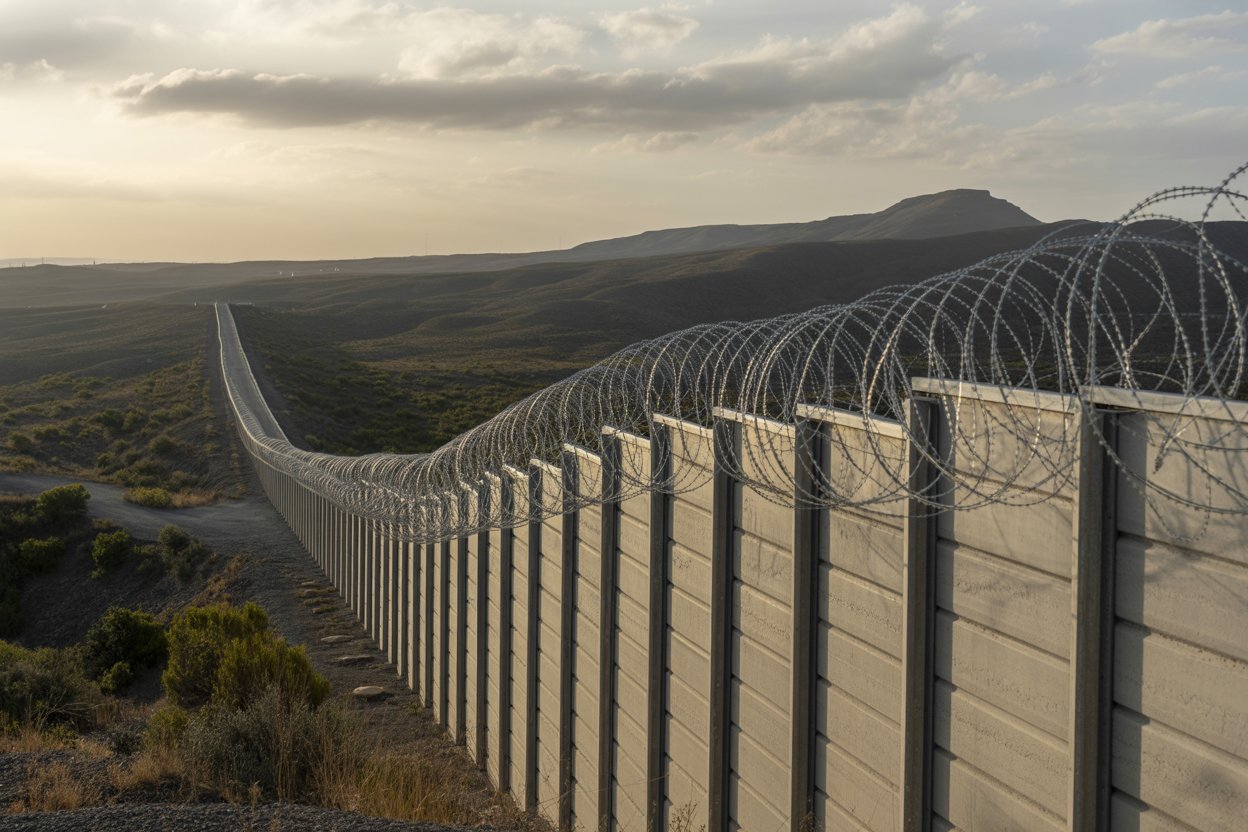Published on
November 5, 2025
London, UK – November 2025 – A new report from the World Travel & Tourism Council (WTTC), in collaboration with SITA, reveals that a shift towards smarter border management could provide a significant boost to the global economy, contributing $401 billion to global GDP and generating 14 million new jobs by 2035. The Better Borders report highlights the potential for border modernization to act as a catalyst for economic growth, improving the efficiency of travel while ensuring enhanced security.
As global travel and tourism is expected to account for 12.5% of the world’s workforce by 2035, contributing $16.5 trillion to global GDP, the need for border modernization has become a strategic necessity. The report stresses that governments can transform their borders into valuable assets, benefiting not only tourism but also national security and overall economic competitiveness.
The Road to Smarter Borders and Economic Prosperity
WTTC’s research shows that by adopting digital technologies, including biometric systems and advanced data management, countries can create seamless travel experiences for tourists while maintaining high levels of security. The report outlines six key principles and 18 recommended actions to streamline border management. Among the top recommendations is the complete digitalization of visas and travel authorizations, along with the adoption of digital identities to speed up border processing times.
Furthermore, the report advocates for pre-arrival clearance of travelers to minimize congestion and improve efficiency. Governments are also encouraged to strengthen cooperation between tourism, security, and finance ministries to build a more integrated, responsive border system that caters to the needs of both security agencies and travelers.
WTTC’s interim CEO, Gloria Guevara, highlighted the role of technology in this transformation saying that by embracing advanced digital technologies, countries can make border control faster, smoother, and more secure. The solutions were already in place, and those who take action then will reap the benefits in the form of enhanced safety, greater traveler confidence, and a surge in visitor numbers.
Pedro Alves, Senior Vice President at SITA, also emphasized the importance of data and stated when governments can rely on high-quality identity data, they can act faster and more efficiently, ensuring better resource allocation and that modernization is not only essential for national security but also vital for tourism, trade, and enhancing the traveler experience.
Global Success Stories in Border Modernization
Several countries are already leading the way in border modernization, showcasing the positive impact of digital transformation. The United States, UAE, and Australia serve as prime examples of how technology can streamline border processes, enhancing both efficiency and economic growth.
In the U.S., the Customs and Border Protection (CBP) agency uses biometric facial comparison technology to process travelers at 238 airports, including pre-clearance locations, making entry smoother and faster. This biometric system has significantly reduced processing times while strengthening security measures.
Similarly, the UAE has implemented AI to expedite visa processing times, with some applications now being processed in mere hours. AI tools are also helping travelers complete visa applications with greater accuracy, reducing delays and enhancing the overall travel experience.
Australia’s use of SmartGates at airports, which employs facial recognition technology, is another notable success. By 2025, it is expected that 79% of all arrivals will be eligible for SmartGate use, resulting in substantial reductions in border clearance times and improved efficiency for travelers.
The Future of Global Travel: Secure, Efficient, and Seamless
The Better Borders report also emphasizes traveler preferences, with 75% of travelers expressing a preference for biometric verification over manual processes. In fact, 85% of travelers are willing to share data in advance if it leads to a faster and smoother experience at the border. This growing demand for seamless, efficient travel experiences underscores the importance of modernizing borders to meet the needs of a global, tech-savvy audience.
The report calls on governments worldwide to take immediate action to build better borders that not only enhance security but also promote tourism and economic development. By integrating biometric systems, digital travel authorizations, and improved data-sharing practices, nations can unlock the full potential of their borders, fostering greater economic growth, stronger tourism sectors, and improved international relations.
In conclusion, the integration of digital technologies in border management is not just a matter of convenience for travelers but a strategic economic imperative. Smarter borders will unlock significant financial rewards and create millions of jobs, helping nations become more competitive on the global stage.
